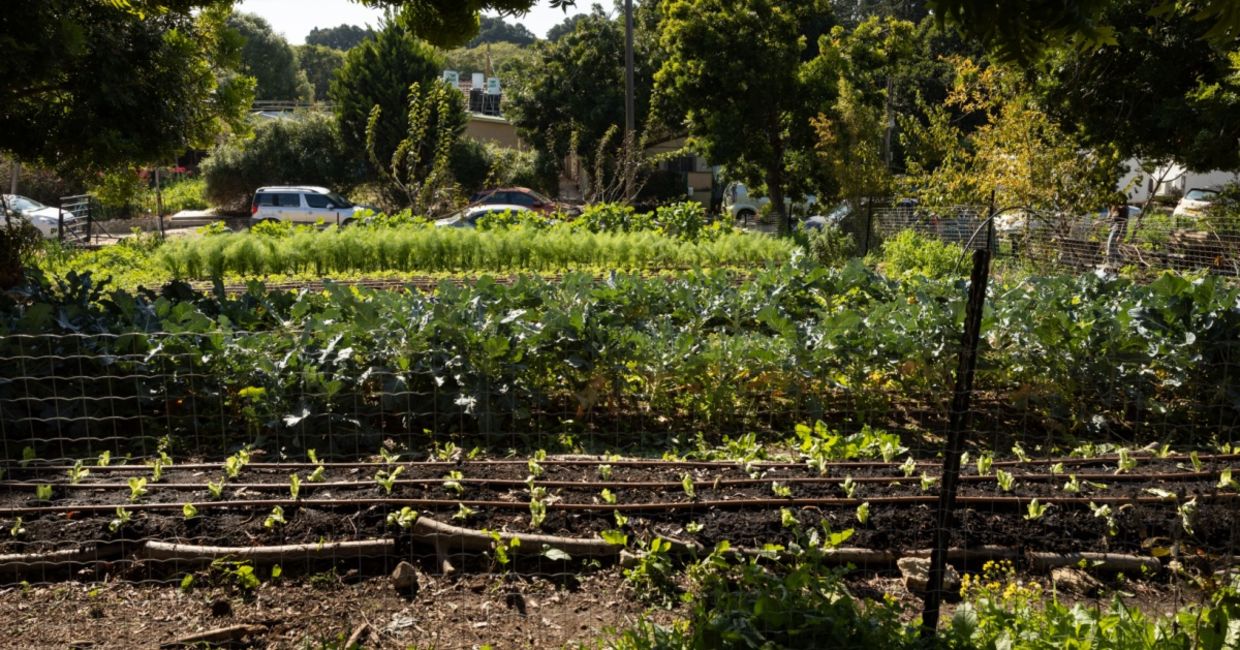
(Noa Ratinsky / Shutterstock.com)
A Tel Aviv neighborhood’s green project that combines sustainability and community engagement just received a certificate of Merit in a competition for cities that demonstrate innovative urban greening and green city design. The award was from The International Association of Horticultural Producers (AIPH) and was one of seven presented at the Future Green City World Congress in the Netherlands in September 2024, according to the organization.
The Tel Aviv project is a composting effort in the city’s Shapira neighborhood, reported The Jerusalem Post. This initiative rewards residents with a special currency – Lira Shapira – that is accepted at community centers, the Tel Chubez agricultural farm, the NGO’s market, and at some area businesses. One lira is the equivalent of one shekel and is given for each kilo of compost that is turned in.
How it began
The initiative, also called Lira Shapira, was originally suggested four years ago by neighborhood residents who were interested in sustainability in their community, reported ISRAEL21c.
“We realized that the activities that had to do with the environment and sustainability only scratched the surface, and there weren’t any deeper processes going on,” Perry Samnon, one of the founders of Lira Shapira, told ISRAEL21c.
“Since our cultural world is so intertwined with the economic world, we tried to find the connection with economics – we wanted the economy to nourish the green activity. That’s why we decided to develop a local currency that is issued based on the separation of organic waste and composting.”
In 2021, Lira Shapira became an NGO that is operated by people in the neighborhood – environmentalists and educators –, as well as local business people. The group gives away around 3,000 liras a month. All people need to do is bring their composting to one of the 12 stands in the neighborhood.
The group runs a local market every other week, where people sell bread, spreads, and homemade crafts, along with vegetables from the Tel Chubez agricultural farm. “It’s really nice because the vegetables grown on the farm are grown on the compost that people deposit, so it closes the ecological and economic circle,” Samnon said.
Tel Chubez
The farm was created about three years ago, the Jerusalem Post reported, and is located on what was once vacant land in the Shapira neighborhood. Now it is a thriving urban farm growing seasonal vegetables and the plot contains more than 60 fruit trees and wildflowers, making it a haven for pollinators. Tel Chubez is maintained by the NGO, volunteers, and city workers.
But the initiative has not been without challenges according to ISRAEL21c. The currency is complicated. It is also hard when volunteers are no longer available to help but the organization is being positive and looking towards the future.
The NGO is looking to partner with local businesses to collect organic waste to compost. Sammon said, “Greengrocers, cafes, restaurants – they all throw out so much organic waste, and if we can cooperate with them, we’d be able to reduce so much pollution and turn it into something positive in the form of compost.”
This is certainly a sustainable project that deserves recognition for its contribution to the neighborhood, the city, and the planet. Hopefully it will spread to other cities in Israel and around the world.
YOU MIGHT ALSO LIKE:
This Composting Helps Your Plants Thrive!
Cultivating Innovation in Israel's Desert Frontier
Regenerative Farms Foster a Connection to Nature







